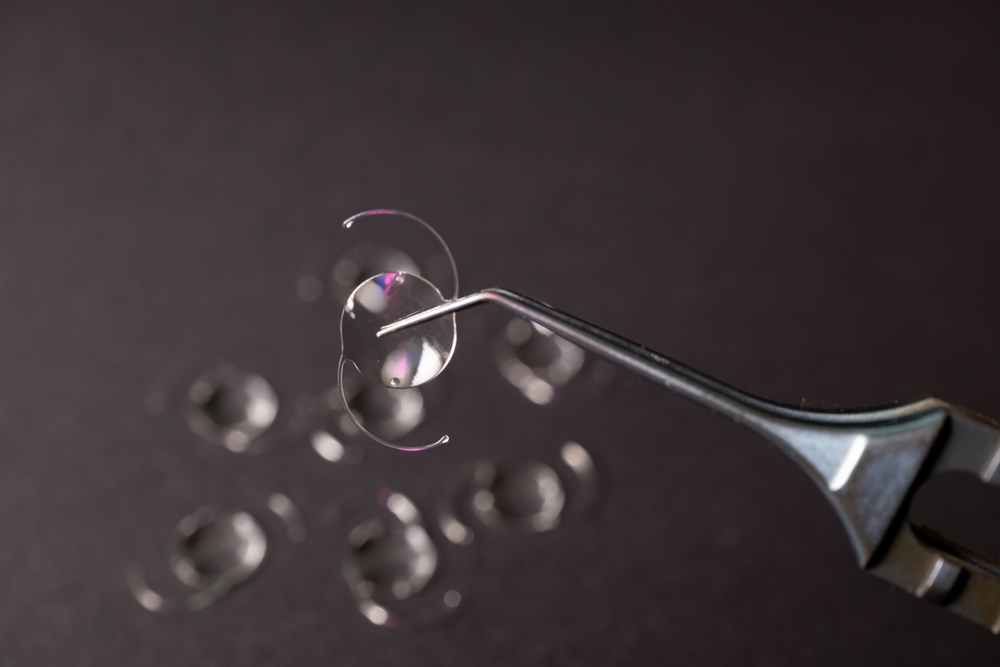
Contact lenses have revolutionized the way we see the world. They offer a convenient and comfortable alternative to traditional eyeglasses, providing clear vision without the need for frames and lenses. Nevertheless, using contact lenses comes with a certain level of responsibility. To ensure the health of our eyes and maintain the performance of the lenses, careful attention must be paid to proper lens care and hygiene practices. This is more than just a recommendation; it's a necessity.
The Importance of Contact Lens Care and Hygiene
Contact lens care and hygiene are of utmost importance. Without proper care, contact lenses can become a breeding ground for harmful bacteria and other microorganisms, leading to serious eye infections and vision problems.
It's not only about preventing infections. Proper lens care also ensures that your contact lenses function at their best, providing clear vision and comfortable wear. Dirty or damaged lenses can cause discomfort, blurred vision, and even damage to the eyes.
Contact lens care and hygiene are also crucial for the longevity of your lenses. Proper care can extend the life of your lenses, saving you the cost of frequent replacements. Hence, investing time and effort in maintaining your contact lenses can pay off in the long run.
Types of Contact Lenses and Their Specific Care Requirements
Contact lenses come in various types, each with its specific care requirements. Understanding the type of contact lenses you use is vital for maintaining their performance and your eye health.
Soft contact lenses, the most common type, are made of flexible, water-absorbing plastic. They require daily cleaning and disinfecting to remove protein deposits and microbes. Some soft lenses are designed for daily disposable use, eliminating the need for cleaning.
Rigid gas permeable (RGP) lenses, though less common, offer certain advantages like better visual acuity and durability. However, they require a more rigorous cleaning process compared to soft lenses.
Hybrid contact lenses combine the features of soft and RGP lenses. They require careful cleaning and disinfecting, similar to RGP lenses.
Easy and Effective Steps for Contact Lens Care
Maintaining your contact lenses doesn't have to be a daunting task. Here are some easy and effective steps for contact lens care.
First, always wash your hands thoroughly with soap and dry them with a lint-free towel before handling your lenses. This step is crucial for preventing the transfer of germs to your lenses and your eyes.
Next, remove one lens and clean it with a recommended cleaning solution. Rub the lens with your fingers and rinse it with the solution again. Repeat this procedure for the other lens.
Lastly, after cleaning, place the lenses in a clean lens case filled with fresh disinfecting solution. Let them soak overnight or for the recommended period.
Common Mistakes in Contact Lens Care
Despite the best intentions, many of us make mistakes in our contact lens care routine. One common mistake is not replacing the lens case regularly. Over time, the case can accumulate bacteria and debris, which can contaminate the lenses.
Another common mistake is using water or saliva to clean or wet the lenses. These fluids are not sterile and can introduce harmful microbes to your lenses.
One more mistake is sleeping with contact lenses in, even if they are labeled as "extended wear." Sleeping with lenses can deprive the eyes of oxygen and increase the risk of infections.
The Need for Regular Eye Exams When Using Contact Lenses
Regular eye exams are crucial for anyone using contact lenses. These exams allow your eye care professional to monitor the health of your eyes and ensure that your lenses are fitting properly.
In addition, regular exams can help detect any vision changes that may require a change in your lens prescription. They also provide an opportunity for you to discuss any issues or concerns you might have about your lenses or eye health.
Ensuring Clear, Comfortable, and Healthy Vision
Proper lens care and hygiene ensure the health of your eyes, the performance of your lenses, and your overall visual comfort and satisfaction. Take these suggestions to heart, and enjoy the comfort and convenience of your contact lenses for years to come.
For more information on contact lens care and hygiene, visit Paradise Canyon Eye Care in our St. George, Utah, office. Call (435) 291-5093 to schedule an appointment today.







